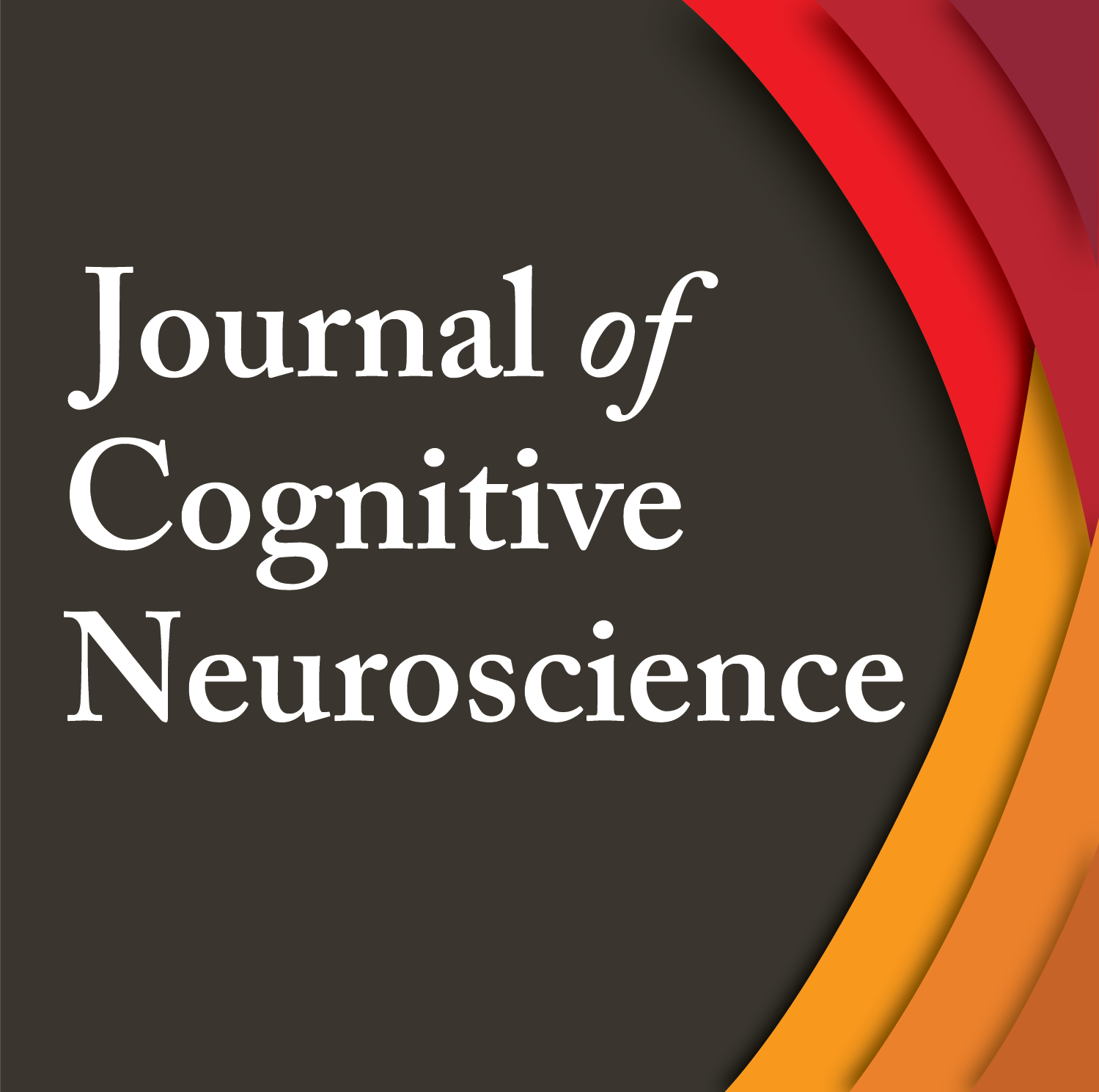Abstract
Although humans generally experience a coherent sense of selfhood, we can nevertheless articulate different aspects of self. Recent research has demonstrated that one such aspect of self—conceptual knowledge of one's own personality traits—is subserved by ventromedial prefrontal cortex (vMPFC). Here, we examined whether an alternative aspect of “self”—being an agent who acts to achieve one's own goals—relies on cognitive processes that overlap with or diverge from conceptual operationalizations of selfhood. While undergoing fMRI, participants completed tasks of both conceptual self-reference, in which they judged their own or another person's personality traits, and agentic self-reference, in which they freely chose an object or watched passively as one was chosen. The agentic task failed to modulate vMPFC, despite producing the same memory enhancement frequently observed during conceptual self-referential processing (the “self-reference” effect). Instead, agentic self-reference was associated with activation of the intraparietal sulcus (IPS), a region previously implicated in planning and executing actions. Experiment 2 further demonstrated that IPS activity correlated with later memory performance for the agentic, but not conceptual, task. These results support views of the “self” as a collection of distinct mental operations distributed throughout the brain, rather than a unitary cognitive system.

